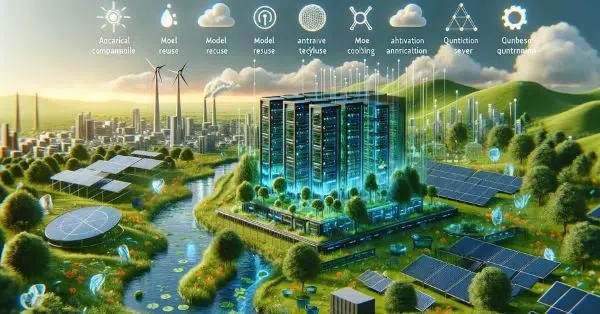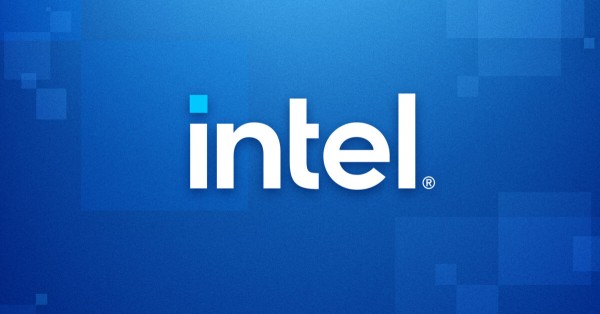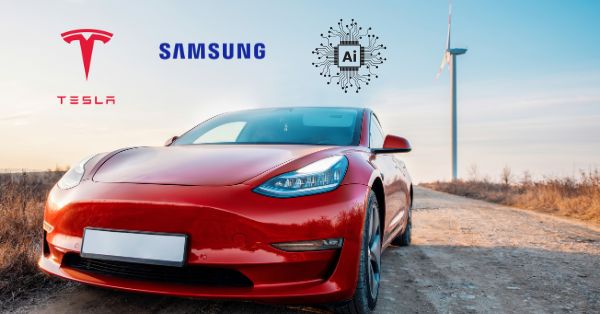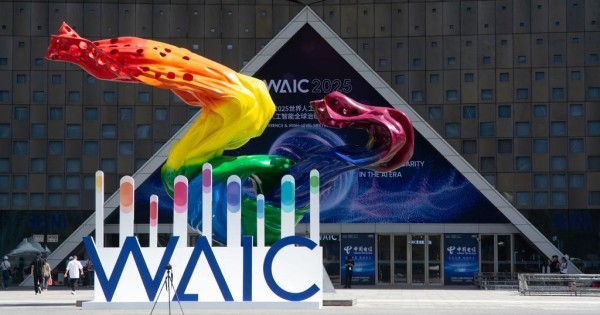I find Entrepreneurs build companies and then the bean counters and time and motion people move in long before the innovative spark can do no more. Currently AI is being pitched the same way because it is easier in a downward economy being hollowed out by Oligarchs and Wall Street at the expense of Main Street.
Fact is this downward affront to the face of free market capitalism, is race to the bottom dogma, a self for fulfilling philosophy that plays into the laws of diminishing returns. Everyone ultimately loses, although the shareholders and stooges do make hay while the sun shines. Don’t listen to these time and motion consultants because the energy is rapidly draining out of the room – in more senses than one – because of their negative, insular thinking. An easy purchase order please pitch to the greedy at the expense of the needy. Is it any wonder people are saying no thanks!
Any sunny uplands then? Building New Opportunities: Innovation vs. Efficiency Fears
So, the relentless march of progress, often heralded by the promise of greater efficiency and cost savings, frequently triggers a deep-seated human fear: job losses. The narrative often paints a picture where automation and optimization lead to leaner operations, inevitably leaving human workers redundant. While the drive for efficiency is perceived as the engine of progress, focusing solely on this aspect obscures mankind’s proactive way forward: innovation, particularly when it involves building and expanding, should be the significant catalyst for job creation across diverse sectors.
AI and Jobs: Beyond the Fear of Automation
Consider the current discourse surrounding Artificial Intelligence (AI). While anxieties about AI-driven job displacement are valid and require careful consideration, they often overshadow the immense potential of AI to generate new roles and augment existing ones. Instead of solely viewing AI as a job-stealing machine, we should also recognise its capacity to power new industries, create demand for specialized skills, and drive economic expansion.
Distributed Energy: A Model for Expansion-Driven Job Creation
To illustrate this point, let’s look beyond the realm of AI and delve into the tangible example of one of my favourite muses: distributed energy. On the surface, the shift towards localised energy generation through sources like solar panels and small-scale wind turbines appears to be a move towards efficiency. Reduced transmission losses and optimized energy usage seem to imply a shrinking need for large, centralized power plants and their associated workforce.
However, a closer examination reveals a more nuanced picture. The growth of distributed energy is not solely about doing the same with less financial or people resources; it’s fundamentally about building something new and expanding our energy infrastructure in a decentralized way. This expansion fuels job creation in numerous areas funded by the extra revenue in numerous areas:
Manufacturing and Installation Boom: The demand for solar panels, wind turbines, batteries, and related components necessitates a robust manufacturing sector. Furthermore, the installation of these systems in homes, businesses, and communities creates a significant need for skilled technicians, electricians, and construction workers.
Modernizing the Grid: Integrating distributed energy sources requires substantial upgrades to existing power grids. This modernization effort demands engineers, software developers, and infrastructure specialists to implement smart grids capable of handling bidirectional energy flows and complex control systems.
Emergence of New Industries and Services: Distributed energy fosters innovation and the birth of entirely new businesses. Companies specializing in energy management, microgrid development, peer-to-peer energy trading platforms, and the maintenance of distributed energy systems are emerging, creating novel job categories.
Empowering Local Economies: Distributed energy projects can inject economic vitality into local communities. Jobs in installation, maintenance, and management are often localized, leading to greater economic resilience and self-sufficiency.
I tried community wealth building with this but the vested interest quickly cut it off at the knees! However the logic is good if a power company with muscle took it on.
This example of distributed energy highlights a broader principle: while the pursuit of efficiency can lead to restructuring and shifts in the job market, the act of building new infrastructure, developing innovative technologies, and expanding into new sectors has a powerful job-creating effect.
Investing in Innovation: Creating a Future of Inclusive Job Growth
Therefore, instead of solely focusing on the potential for job losses driven by efficiency, our societal and economic strategies should emphasize fostering innovation and investment in new areas. This requires:
- Strategic Investment: Governments and private sectors need to invest in research, development, and deployment of emerging technologies and infrastructure projects.
- Education and Training: Preparing the workforce for the jobs of the future through robust education and retraining programs is crucial to ensure a smooth transition and capitalize on new opportunities.
- Support for Entrepreneurship: Fostering an environment that encourages the creation of new businesses and industries is essential for translating innovation into job growth.
- Just Transition Policies: Implementing policies that support workers in transitioning sectors and provide safety nets is vital to address the legitimate concerns about job displacement.
By shifting the focus from a singular concern about efficiency-driven job losses to a broader perspective that embraces the job-creating potential of innovation and expansion, we can navigate technological advancements with greater optimism and ensure a future where progress benefits everyone through the creation of meaningful and sustainable employment.
We have enough talent and positive enterprise on this planet, the key lies in getting a chunk of the cartel capital and strategically building the future, not just rationally shrinking the present.
Written by Neil Gentleman-Hobbs, smartR AI































